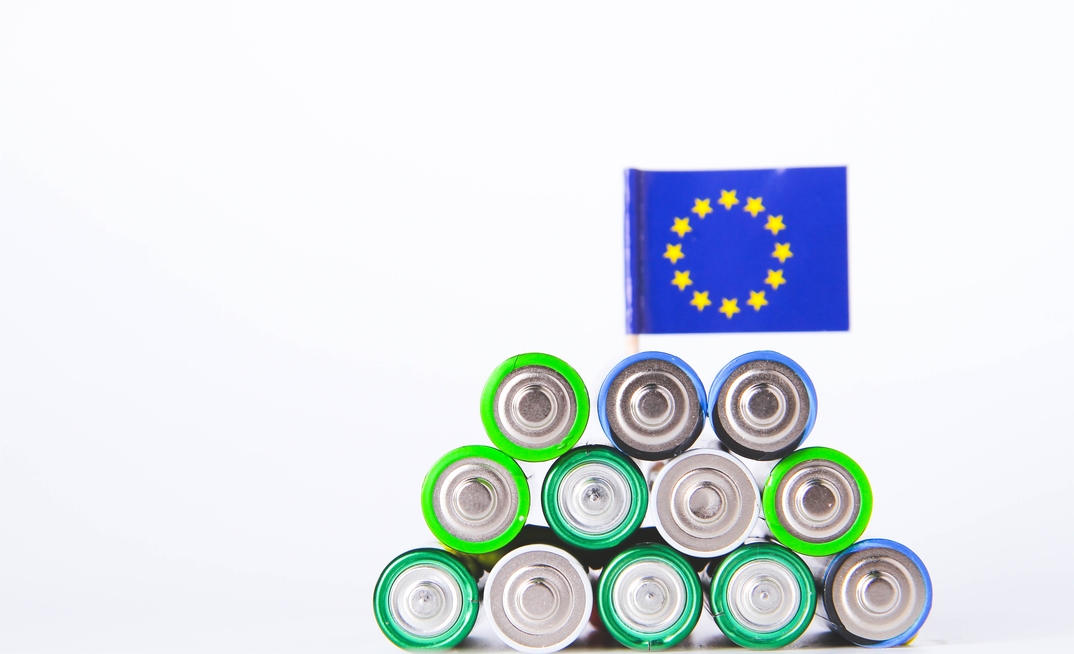Bax Circular Industry expert Johanna Reiland shares her perspective on why now is the time to double down on the energy transition – and how circular strategies can make it more resilient, efficient, and future-proof.
The transition to clean energy is not only a climate imperative – it’s a strategic and economic one.
– Johanna Reiland, Circular Industry expert at Bax
The energy transition is at a critical juncture. With bp announcing a rollback of its renewable energy ambitions, there’s a risk that others may follow suit, stalling momentum at a time when accelerating progress is more important than ever.
At Bax, we believe this moment demands leadership, not hesitation. The transition to clean energy is not only a climate imperative – it’s a strategic and economic one. And the data makes that clear.
Renewables: competitive today, essential tomorrow
Germany’s Fraunhofer Institute for Solar Energy Systems (ISE) recently released its 2024 analysis of the Levelized Cost of Electricity (LCOE). The findings underscore what many in the sector already recognise: renewable technologies are not just viable – they’re outcompeting fossil fuels on cost.
Key 2024 LCOE ranges for new projects with projections to 2045:
- Agri-PV and onshore wind:
4–9 €cents/kWh → projected 3.9–8 €cents/kWh - Offshore wind:
5.5–10.3 €cents/kWh → projected 5.5–10.2 €cents/kWh - Gas turbines:
15–33 €cents/kWh → projected 19–40 €cents/kWh
While renewables are already more affordable in many contexts, their costs are expected to remain stable or decline further. Fossil-based energy, on the other hand, is not only expensive now – it is likely to become even more costly due to increasing carbon pricing and externalities.
Circular thinking as a competitive advantage
The economic case for clean energy strengthens even more when circularity is taken into account. Many organisations are moving beyond simple energy source decisions and looking at whole-system efficiency – something Bax has long championed.
Circular principles – such as material-efficient design, component reuse, modular construction, and digital maintenance – are key levers for reducing both capital expenditure (CAPEX) and operational expenditure (OPEX). They also unlock long-term resilience in supply chains and infrastructure. However, in times of inflation, high interest rates, supply chain problems and China’s worldwide dominance in the renewables supply chain, circular approaches will need to be accelerated.
This is precisely where we operate: supporting companies and coalitions in redesigning systems to minimise waste, extend product lifetimes, and build smarter energy and manufacturing ecosystems. We see circularity not as an add-on, but as a driver of innovation, competitiveness, and climate action.
The energy transition can’t wait
The global move toward renewables is too important, and too economically sound, to be slowed by short-term strategy shifts. While some companies may retreat, others must step forward to lead. The technologies exist. The models are proven. The business case is stronger than ever.
Now is the time to invest in solutions that are clean, circular, and future-proof. Because the energy transition is bigger than any single company’s decision, prioritising short-term profits over environmental responsibility. Its success will depend on our ability to combine sustainability with systems thinking.
Want to make your clean energy strategy circular and future-proof?
At Bax, we help energy and industrial stakeholders embed circularity into the heart of their operations. Whether you’re developing renewable infrastructure, optimising supply chains, or rethinking system design, our Circular Industry team brings the insights, tools, and partnerships needed to drive real impact. Get in touch today.



